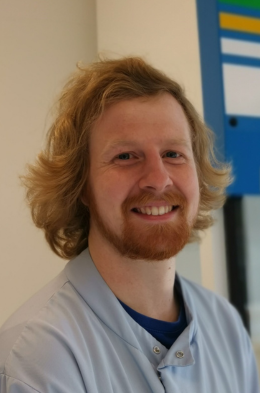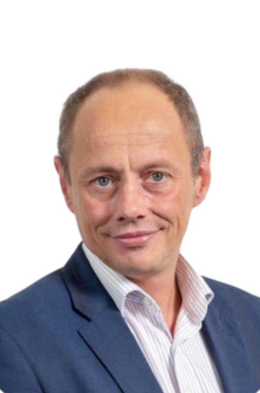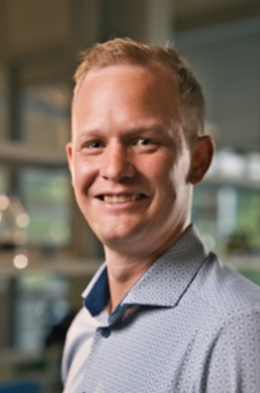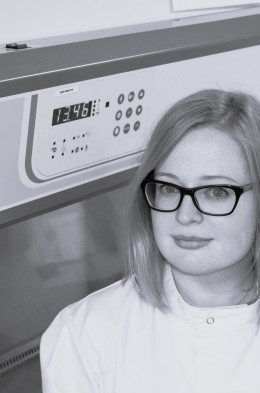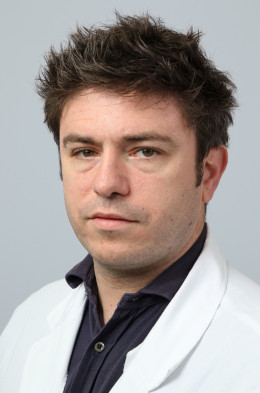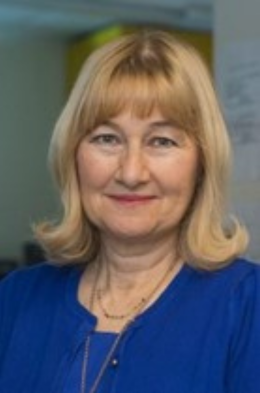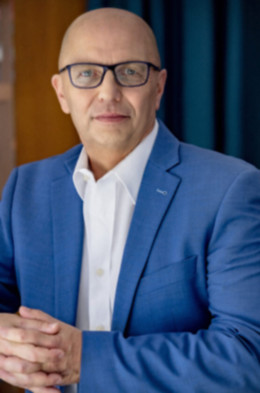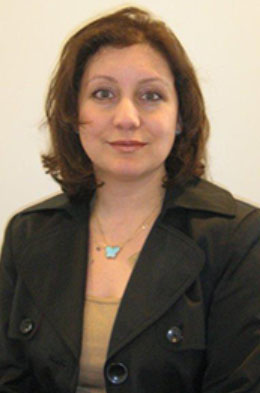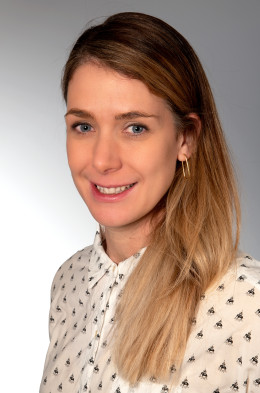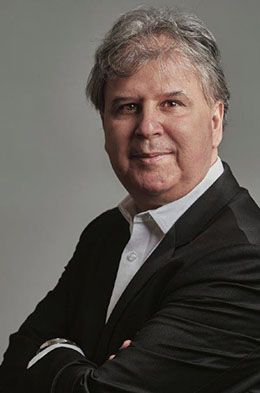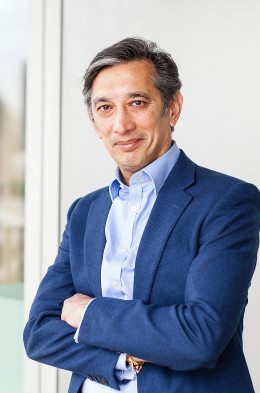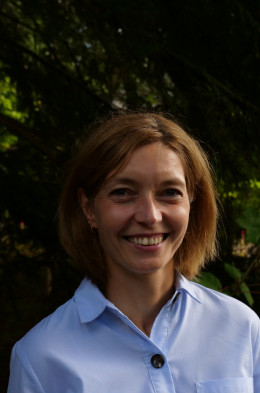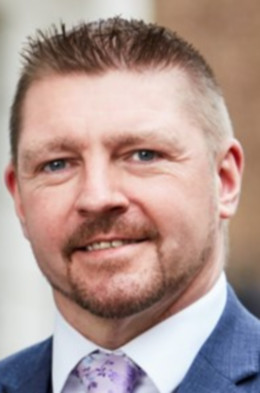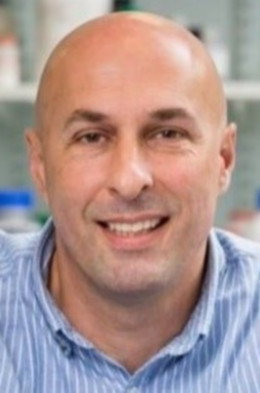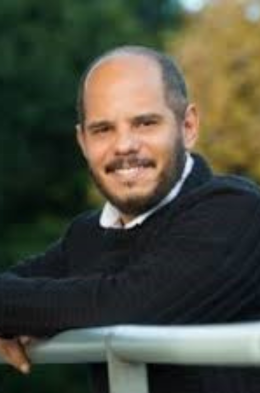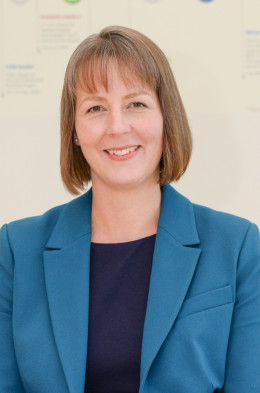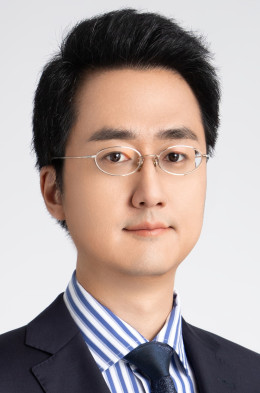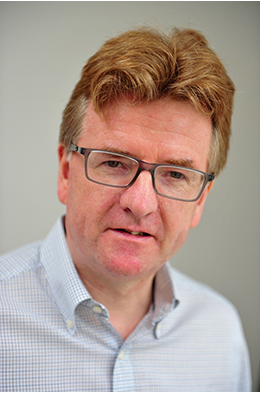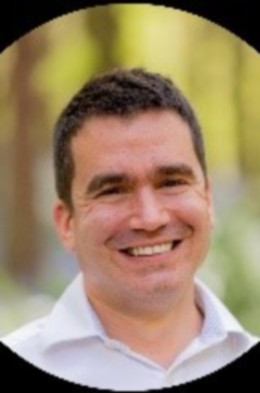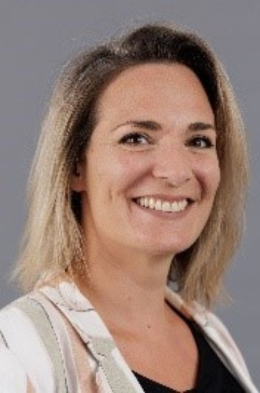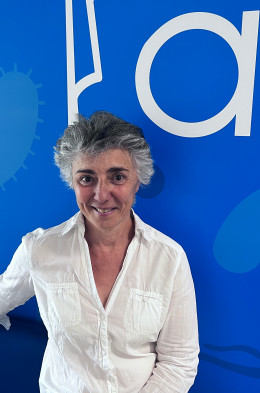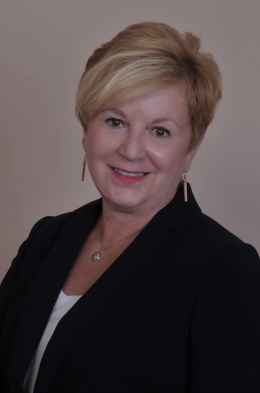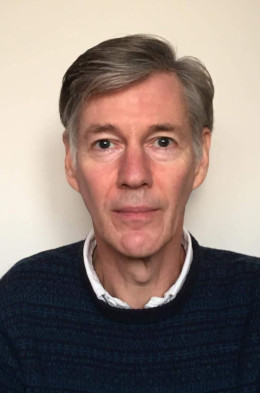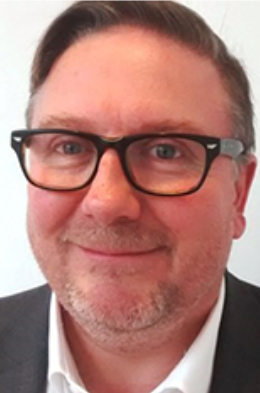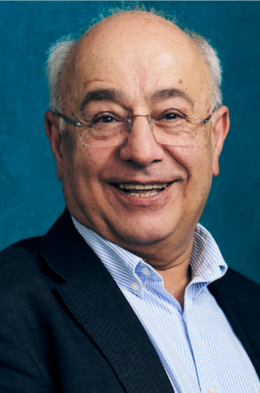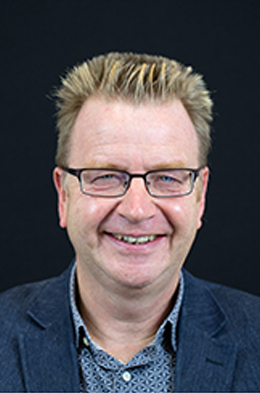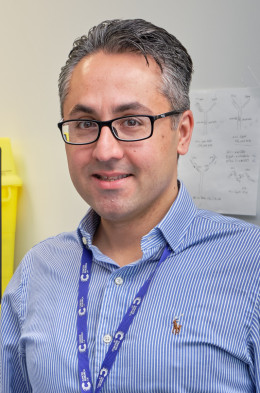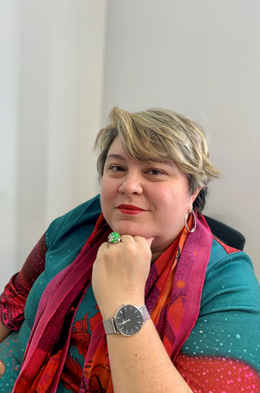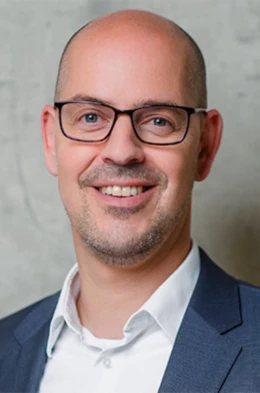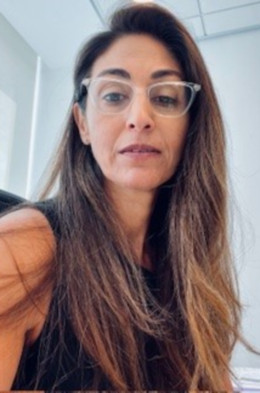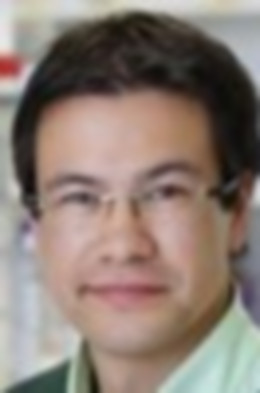Raj is a serial entrepreneur with passion for identifying, nurturing and launching spin-out companies with over 20 years track record of building lasting partnerships.
Raj currently serves as CEO and NED of Adendra Therapeutics, a company he co-Founded as Entrepreneur in Residence at Apple Tree Partners (ATP). Raj is also co-founder and serves on the board of Revitope Oncology and on SAB of Hawk Biosystems.
He joined ATP from GammaDelta Therapeutics – a company he co-founded, served as interim CEO, board member and latterly as Director of Business Development. At GammaDelta, Raj led the efforts to raise >$100M, establish innovative partnership with Takeda Pharmaceutical Company, acquisition of Lymphact and spinning out of Adaptate Biotherapeutics. Takeda subsequently acquired both GammaDelta and Adaptate.
Prior to GammaDelta Therapeutics, Raj spent over 18 years at Cancer Research Technology (CRT) where he served in a variety of leadership roles. Whilst at CRT, Raj founded and served as interim CEO/NED of BliNK Therapeutics




